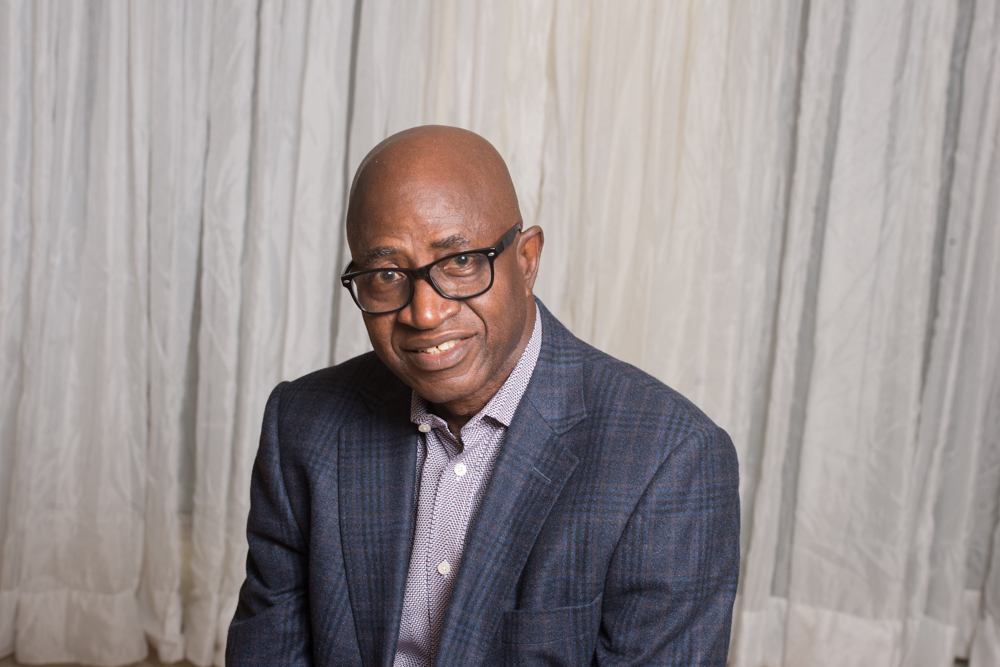Africa’s Undisputed Goal King (Part Twenty-Six) Incomprehensible

Africa’s Undisputed Goal King (Part Twenty-five) The Year of APoTY Anomalies
December 28, 2020
Football’s Racist Shame (Part One) Foundations
December 30, 2020Africa’s Undisputed Goal King (Part Twenty-Six) Incomprehensible

By Satish Sekar © Satish Sekar (May 13th 2020)
APotY Absentees
Zambian great Godfrey Chitalu had played the year of his life in 1972 – in fact it was one of, if not, the, greatest year any professional footballer had ever had. Chitalu had won all five domestic trophies on offer with Kabwe Warriors and set 4 records – two World and two African Cup of Champions Clubs records.
The African champion clubs’ records were the most goals in a tie (nine against Lesotho’s champions Majantja) and the most in a match (seven in the 9-0 drubbing in the second leg in Ndola). The seven against the same opposition – while being man-marked – remains an African champions clubs record nearly half a century later.
That was just the start. He set two World Records as well. The first was clearly known about during his lifetime – see the photograph of a beaming Chitalu holding a specially designed trophy highlighting his Single Season record of 107 goals.
The second World Record is for the Calendar Year – his African Cup of Champions Clubs record added to the Single Season tally, making a final score of 116 goals in 1972, which was 31 clear of West German great Gerhard ‘Gerd’ Müller.
Astonishingly, Chitalu set the mark in the same year that Müller was credited with the record, but the Zambian great was denied the recognition he deserves – he still is – despite the record-keeping, which for once in Africa, was up to required standards and clearly backed his cause.
What more could one player do than Chitalu did in 1972? Sadly, there is no record of how many assists he provided.
But Chitalu has some important supporters within African football especially.
A Legend’s Plea
Nigerian legend Segun Odegbami is in no doubt that Chitalu deserved better – a lot better. Chitalu’s absence from the 1972 African Player of the Year (APotY) Awards galls Odegbami.
“France Football Magazine actually did a shoddy job of the process at the time, but the continent was not well connected by the media as it is today,” Odegbami said.
“Travel was difficult and monitoring of matches was extremely limited.
“Despite these, CAF can still do something about the injustice done to Chitalu and Zambia, by recognising and posthumously decorating him with some kind of legendary-status award and acknowledging his goal-scoring records.
“Verified; it is not too late for CAF to do the needful.
Chitalu was indeed a true legend of Zambian and African football.”

The French Connection
But Chitalu was not alone in being inexplicably snubbed by France Football Magazine. Surprise AFCON winners the Republic of Congo deserved better representation in the APotY vote as well. This requires explanation. It has been said that the main factors affecting the African Player of the Year votes is familiarity and performance in the top competitions – that would be Africa Cup of Nations, the African Cup of Champions Clubs and perhaps leagues.
Record-breaking performances matter too.
Consequently, some of the exclusions from the ApotY Award and AFCON Team of the Tournament in 1972 are eye-opening, flabbergasting even.
Noël Minga Tchibinda was the only 1972 AFCON winner included in the APotY Award, and he was not even the best of the Congo players. Jean-Michel M’Bono had a fantastic tournament but was bizarrely excluded from the Team of the Tournament, despite being the Red Devils’ top scorer with four, trailing Mali’s Fantamady Keita by one – the Malian striker was excluded from both as well.
The strangest omission of a Red Devil from the APotY vote was François M’Pelé, although he was, at least, in the Team of the Tournament, along with Minga. However, the Top Scorer, M’Bono, and the Player of the Tournament, M’Pelé, were conspicuous by their absence from recognition by France Football Magazine.
The Republic of Congo (formerly Congo-Brazzaville) had been expected to turn up in Cameroon’s Africa Cup of Nations (AFCON) to make up the numbers. Not only had they not read the script, they ripped it up, and wrote their own. 1972 was the only time that the small former French colony that became the Republic of Congo won AFCON. It did so with exceptional performances.
How was it possible that Chitalu, M’Bono and M’Pelé could have such a fantastic year as they did in 1972 and others make the top ten without coming close to matching their achievements?
Many claim that the APotY votes at that time favoured French-speaking players, or were even manifestly biased in their favour. Odegbami certainly thinks that Anglophone football in Africa was marginalised – Chitalu was a major example of that.
“The Magazine (France Football Magazine) obviously did no cover football in Anglophone African countries as well as it did the coverage of Francophone African countries,” Odegbami told us.
“And that’s understandable. The magazine was based in Paris, France, home of all French African countries.
“The evidence now abounds that some names that appeared on the shortlist of nominees in 1972 did not deserve at all to be there.
“A little scrutiny will reveal the details.”
And some, including Francophone African footballers deserved to be on that list. Inexplicably, they, like Chitalu, missed out.

